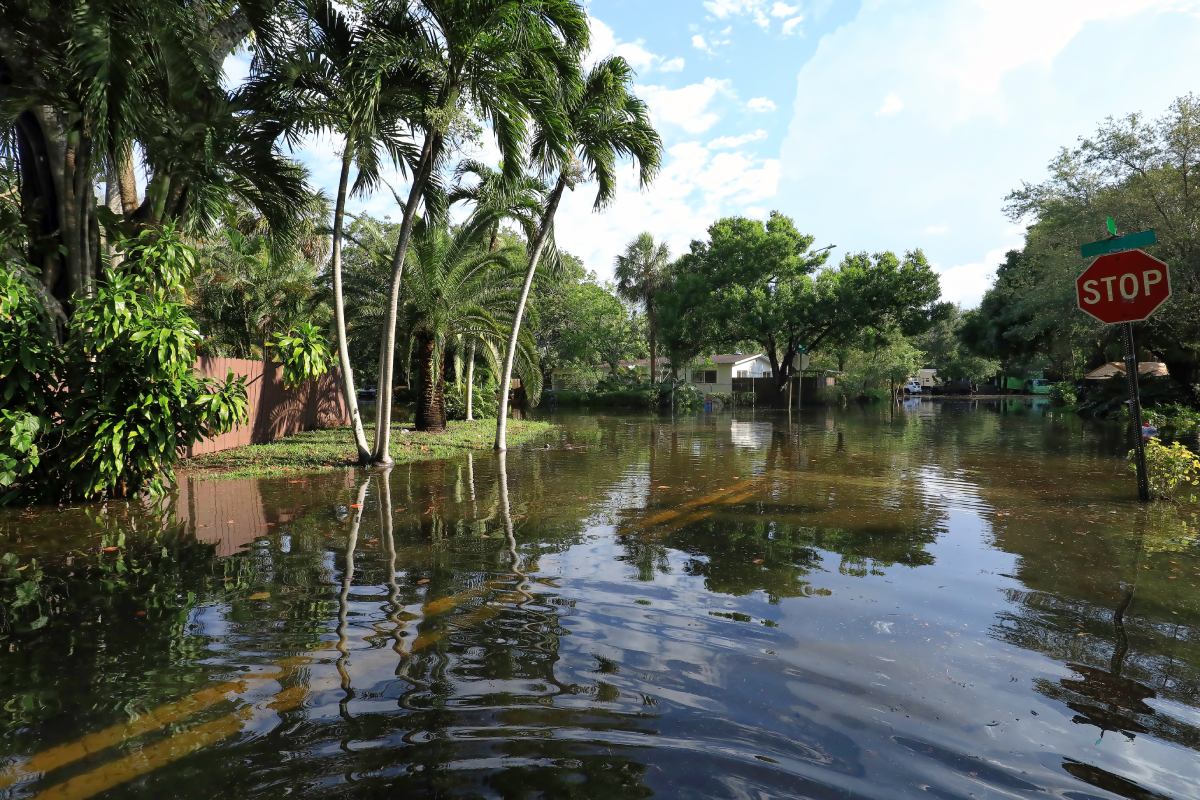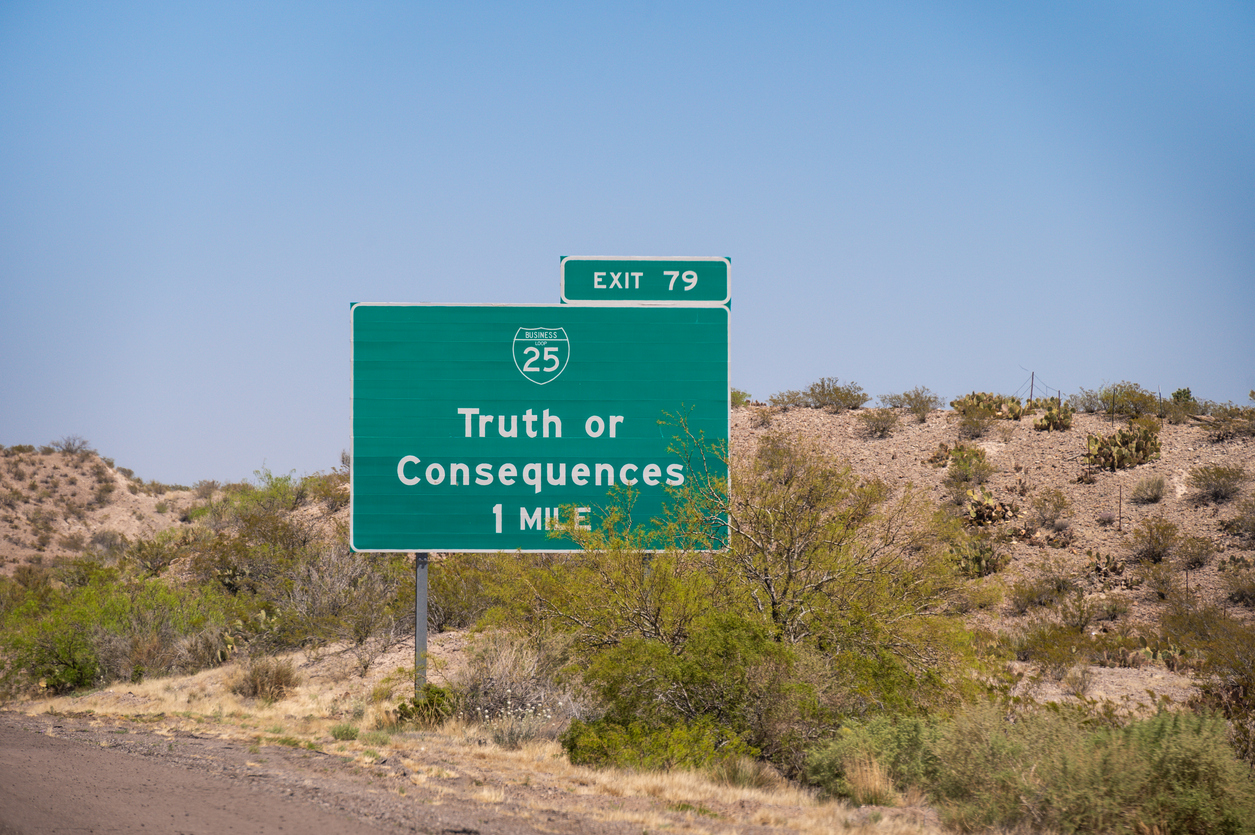NOTE: This guest blog post is by Holly Soffer, Esq., a policyholder attorney and General Counsel to the American Association of Public Insurance Adjusters.
Much has changed in the world since my blog on March 24th. Not only are there new phrases in our lexicon such as “Zoom happy hour,” but also the legislative response to COVID-19 Business Interruption claims has taken a new tone. At first, a few states1 offered bill similar to the New Jersey2 one, but then, as Chip has commented, the insurance industry has made its views known—as we knew they would.
Whether in response to or in anticipation of the industry’s obviously strong opposition to adding COVID-19 coverage to policies retroactively, a few states have begun to offer forms of government grants for this newly created coverage. Both Pennsylvania3 and South Carolina4 have introduced bills that create limited coverage, with claims to be paid in some form by the state, although South Carolina’s bill includes an assessment to insurers.
The Pennsylvania bill provides a mechanism for “adversely impacted” businesses to make claims for Business Interruption coverage, then when those claims are denied, for the Commonwealth to pay those claims as a grant. The grant is contingent upon: i) the business remaining open (it seems counterintuitive to keep the business open but make a claim based upon the suspension of business, but perhaps that is just semantics) and, ii) not laying off employees, or there is a repayment penalty of 10%. There are many questions surrounding how this will work, who will be disbursing the funds, and whether third parties advising the businesses will be compensated. Pennsylvania House Bill 2386 states, in part:
(a) Establishment.—The COVID-19 Disaster Emergency Business Interruption Grant Program is established within the department to provide funding for the continuing operation of businesses during and after the COVID-19 disaster emergency. The department shall award, to the extent that money is appropriated to the department for the purpose, grants to eligible businesses as provided under this section.
(b) Eligibility.—A business shall be eligible for a grant under this section if:
(1) The business has submitted an insurance claim under a business interruption insurance policy and the insurance claim was denied prior to applying for a grant.
(2) The business demonstrates in its application that the business has been adversely impacted by the COVID-19 disaster emergency.
(c) Grant amount.—A grant may not exceed the amount of the insurance claim submitted by the business under subsection (b)(1).
(d) Application.—A business may apply for a grant for the duration of the COVID-19 disaster emergency and for 60 days after the COVID-19 disaster emergency is terminated by executive order, proclamation or operation of law. The application shall be in a form and manner determined by the department.
(e) Conditions.—If a business receives a grant, the business must remain open and not lay off any employees for the duration of the COVID-19 disaster emergency. If a business that receives a grant does not comply with this subsection, the business shall repay the amount of the grant plus 10%.
The South Carolina bill is even more complex and provides retroactive Business Interruption coverage, mandating that insurers pay the claims for businesses comprising less than 150 employees. The bill then provides a mechanism for the carriers to apply to the state for relief; however the relief is not certain. Down the road, the Department of Insurance will be able to assess all licensed insurers to recover these costs. South Carolina Senate Bill 1188 states, in part:
C) An insurer that is required to provide coverage to an insured that has filed a claim pursuant to this section may apply to the department for relief and reimbursement from funds collected and made available for such purpose as provided in this section.
(D) The department shall establish procedures for the submission and qualification of claims by insurers that are eligible for reimbursement pursuant to this section. In addition, the department shall establish procedures and standards to protect against fraudulent claims for reimbursement and appropriate safeguards for insurers to use in the review and payment of such claims by their insureds.
(E) The department is authorized to make one or more assessments in each fiscal year against licensed insurers in the State as may be necessary to recover the amounts paid or estimated to be paid pursuant to this section. Any assessment shall be made at a rate and shall be determined and certified by the department as sufficient to recover the amounts paid to insurers pursuant to this section. The amount to be assessed shall be made against all licensed domestic companies and foreign companies in proportion to their net premiums written and annuity considerations in the State as shown in the annual report of each of said insurers filed with the department. The assessment shall reimburse the State for funds appropriated for such reimbursement. Assessments under this section shall be charged to the normal operating cost of each company.”
SECTION 2. This act takes effect upon approval by the Governor and shall only apply to policies that are issued to insureds with one hundred fifty or fewer full-time equivalent employees in the State, and that are in force on the effective date of this act or become effective prior to the date on which the Governor’s state of emergency declaration expires.
The bottom line is that we have stepped through the rabbit hole and must continue to be informed so that we are prepared to be effective advocates on the path forward.
_________________________________
1 Massachusetts SD 2888; Ohio HB 589; New York Assembly Bill A 10266A; Louisiana SB 477; Pennsylvania HB 2372.
2 New Jersey Assembly Bill 3844.
3 Pennsylvania HB 2386.
4 South Carolina SB 1188.





